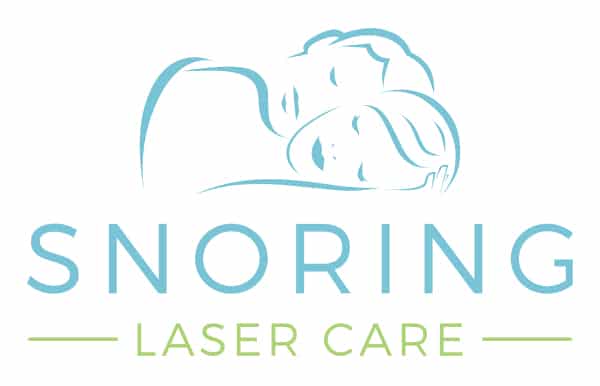Over a quarter of all men and a third of all women, worldwide, snore. With such a large portion of the global population living with this thunderous sleep interruption, it is staggering to discover that so few know enough about it. Accordingly, we have compiled a list of the most common questions, concerns and misunderstandings about snoring, so you can have answers and hopefully a better night’s sleep.
Is snoring normal?
Most adults, when in a deep ‘Slow Wave’ sleep or REM sleep will snore to some degree (or decibel). For the majority of the population, their snoring is merely the muscles of the neck relaxing and causing vibrations which emit a ‘purr’ type sound.
However, if the snoring is loud or bothersome to you or your cosleeper, then it is not normal. Additionally, if the snoring is accompanied by gasps or interrupted breathing, then it is a major cause for concern as it could mean you are suffering from Obstructive Sleep Apnoea.
My child snores, is this normal?
No. If your child snores and has no other condition (such as a head-cold), then bring this to the attention of our team as soon as possible. We will conduct an assessment of their airways and advise you of the best course of treatment.
Can snoring be dangerous to my health?
Without being alarmist, yes snoring can be dangerous. At the very least snoring can cause interrupted sleep for you and your partner which has flow-on effects for overall health.
At the other end of the scale, snoring can be a sign of Obstructive Sleep Apnoea (OSA) which is potentially life-threatening. OSA is a condition where the throat constricts to the point of stopping breathing, this then deprives the body of vital oxygen during sleep. This is why it is important for you to attend our office to have your snoring assessed as OSA should not be left untreated.
I snore, yet don’t have Obstructive Sleep Apnoea, do I still need to be assessed?
Even primary snoring (no obstructive snoring) has links to life-threatening health issues, such as stroke. Therefore, it is advisable to have an assessment every couple of years to ensure that your snoring is not detrimentally impacting your health.
What can I do at home to help reduce my snoring?
There are some things which you can do now to help reduce your snoring. The most impactful being: quit smoking. Research shows that smoking contributes to the congestion of the throat.
Another remedy is to cut down on alcohol consumption. We all know someone who snores worse after a few alcoholic beverages. This is because the alcohol has caused the muscles in the neck to relax.
Other simple things which you can do to cut down on your snoring are:
- Sleep on your side; not on your back.
- Raise the head of your bed upward by approximately 4 inches.
- Avoid consuming heavy meals and snacks for at least 3 hours before bedtime.
- Adopt a healthy lifestyle, which includes exercise to develop good muscle tone.
- Lose weight (as few as 3-5 kilograms can make a difference)
- Establish a regular sleep routine; go to bed and wake up at the same time each day.
What can Snoring Laser Care do for my snoring?
We offer NightLase treatment which is a patented, fast and leading-edge laser procedure for the treatment of snoring. It is a non-invasive, simple and an effective way of reducing or eliminating snoring. The NightLase treatment does not require anaesthesia. It uses laser light to heat the tissue, causing tightening of the tissue which helps keep your airway open. The treatment by NightLase leads to an attenuation of the sound of the patient’s snoring and lessening of the effects of sleep apnoea.
NightLase snoring treatment lessens the intensity and duration of snoring. The treatment is spaced over a two-month period, with a minimum of three treatments that take approximately 30 minutes each.
If NightLase does not appeal to you, there are other treatments, such as oral appliances. Oral appliance therapy is a good interventional therapy for snoring and mild-to-moderate sleep apnea. Oral appliances move your lower jaw forward and prevent your tongue from falling backwards, keeping your airway open during sleep. To be effective, however, oral appliances must be custom-fit and calibrated to each patient.
Final Words…
Anyone who snores will benefit from a consultation with Snoring Laser Care as we are experienced in managing sleep-disordered breathing problems.
Make an appointment today and see for yourself how our knowledge, experience and state-of-the-art treatments can help you gain a better night’s sleep.
